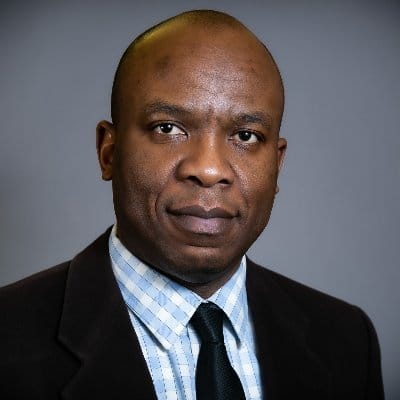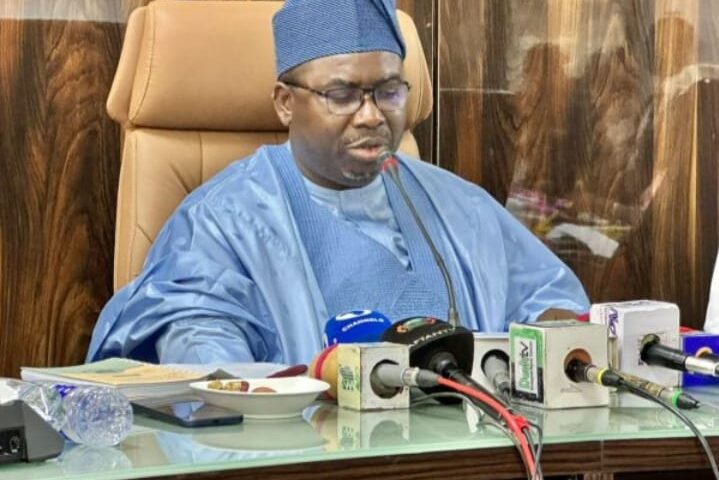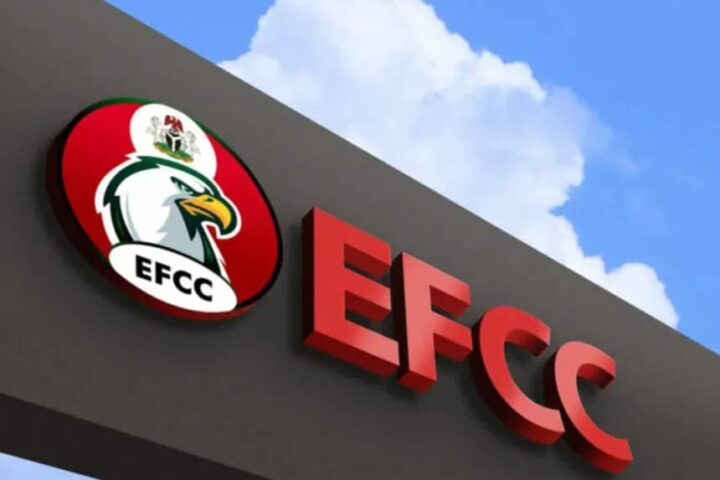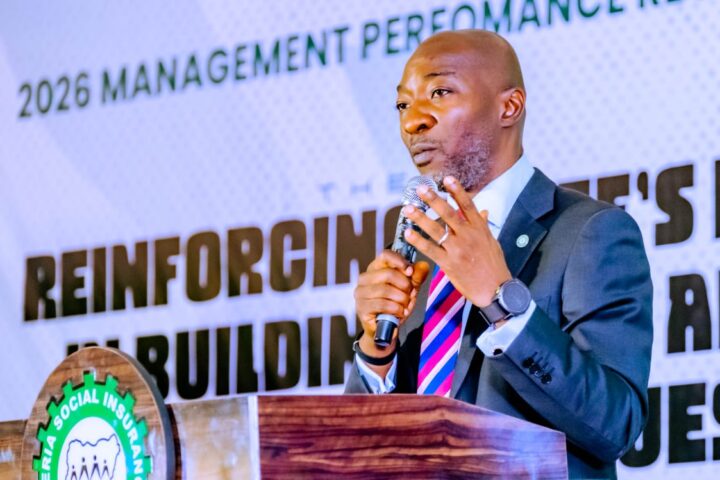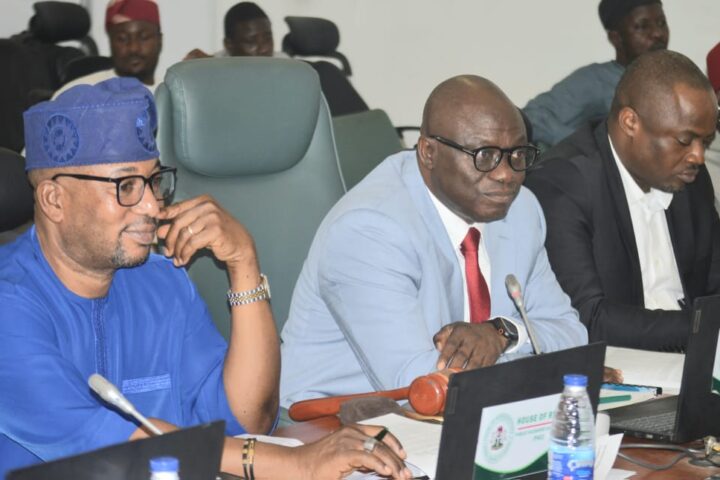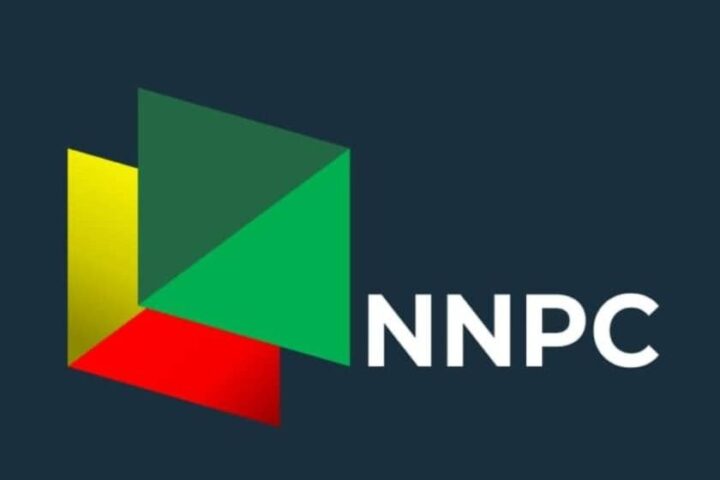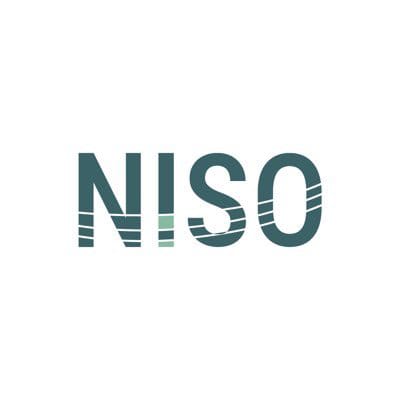By Abidemi Adebamiwa
Most corruption cases in Nigeria do not begin with outright theft. They start with closeness to money, contracts, or political power. Many honest people who enter public service lose their good name not because they stole, but because they failed to draw the line early enough. The truth is simple. In Nigerian public life, the safest way to stay clean is to keep a healthy distance from money.
Where the West Got It Right
In many developed countries, leaders rarely leave office with corruption stains because the system protects them. Power and money are separated by design. A minister may shape a policy but cannot sign a contract. A mayor may propose a project but cannot release payment. It is not because those leaders are better people, but because their countries have built systems that do not rely on personal morality.
Procurement offices are independent. Audits are public. Even small gifts must be declared. Rules exist not to insult officials but to protect them. This is why many Western leaders complete their terms with their reputation intact. The structure shields them.
Nigeria’s Weak Boundaries
Nigeria’s problem is not the absence of laws but the weakness of boundaries. Too often, a commissioner gives a verbal approval, a board member fast-tracks a file, or a permanent secretary endorses a project informally. Even when the intention is good, the risk is real. Anti-corruption agencies do not chase motives; they follow documents and decisions. Once your signature or instruction appears in a questionable process, you become part of it.
The Public Procurement Act and the Fiscal Responsibility Act were created to stop this problem, yet informal habits still override formal rules. We must move from personality-driven decisions to system-based accountability.
Serving Without Spending
It is possible to serve the country without touching public funds. Roles that focus on policy, evaluation, education, and oversight can build institutions without exposing anyone to scandal. Every public officer should insist on a written job description that removes them from procurement or payment authority.
When financial issues come up, put your recusal in writing. Keep minutes of meetings, store memos, and file asset declarations with the Code of Conduct Bureau. Integrity is not a feeling; it is a record. The official who documents every step will always have proof when the winds of politics change.
Loyalty To the Public, Not To Power
One of the biggest moral failures in Nigerian governance is misplaced loyalty. Too many officials act as though their allegiance is owed to their boss rather than to the country. The truth is, it is not your boss who pays your salary. It is the Nigerian people — the market women, the traders, the teachers, and every citizen who pays tax. The public, not a politician, keeps the lights on in government offices.
When you serve, remember that the money being spent does not belong to a governor, a minister, or a president. It belongs to the public. Every kobo must be treated as sacred. The most loyal public servant is not the one who praises his superior, but the one who protects the people’s trust.
The Value Of A Clean Name
No one needs to drive a G-Wagon or a Prado to survive. Those who live honestly may not move around with police escorts, but they move freely with peace of mind. It is far better to take an Uber with a clean record than to ride in a luxury car under a cloud of suspicion.
Many people like to say that incumbents go after opposition figures, but they forget one thing — if there is no trace of wrongdoing, there is no weapon to use against you. No one can destroy a name that has no stain. Political persecution becomes powerless when a person’s record is clean.
A New Way To Serve
To stay untainted in public service, officers must follow simple rules.
Do not give verbal approvals.
Do not hold private meetings about contracts.
Do not endorse what is not documented.
Do not put loyalty to a superior above loyalty to the public.
Do not remain silent when a system is being abused.
Good leadership is not about signing cheques. It is about standing on principle. The most respected officials are remembered for their ideas, not their approvals. Public trust is sacred, and protecting it is the highest form of service.
Abidemi is a policy analyst and Managing Editor @ Newspot Nigeria.


